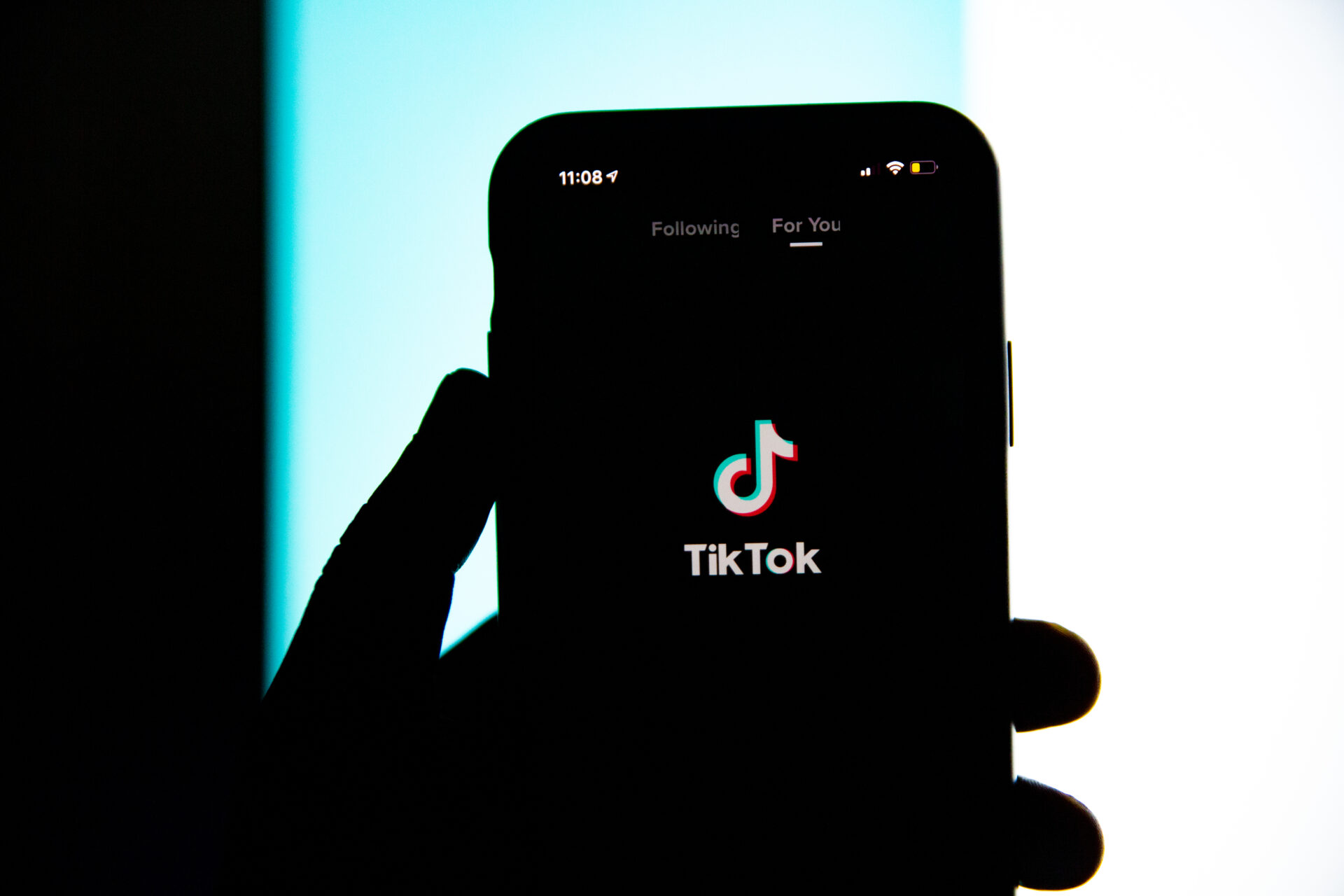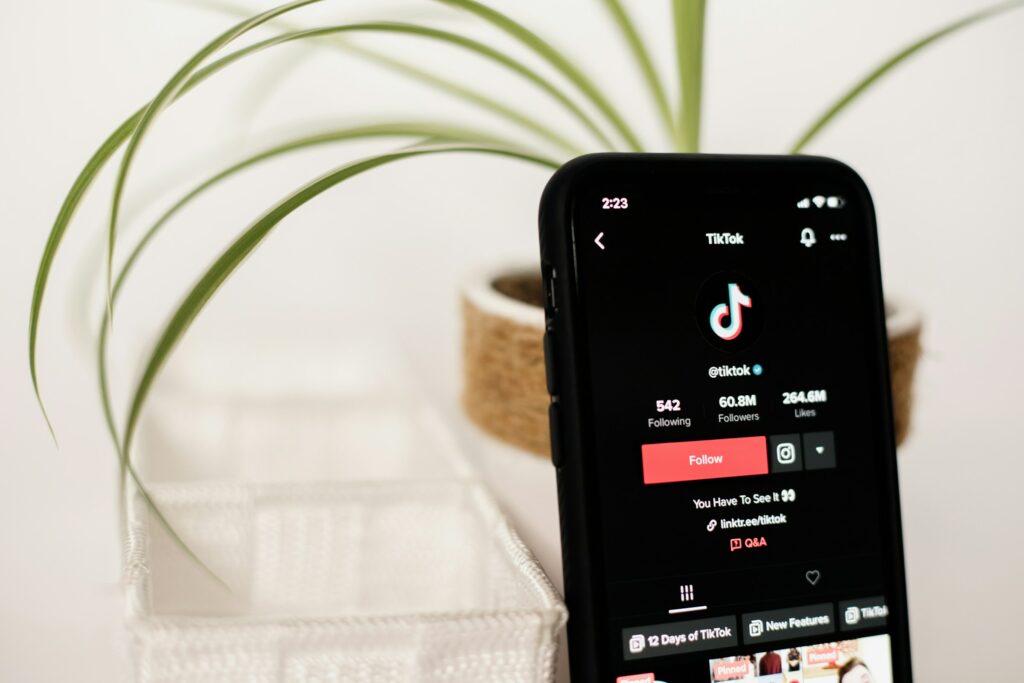No longer Google, but social media platform TikTok is now the world's most popular search engine: nearly 40% of young people prefer the app over Google for searches, according to Google's own data.
Worldwide, the app has quickly been increasing in popularity for a few years, and a 2024 report by Adobe found that two in five Americans are using it as a search engine. Now, Professor of Digitisation and Social Media Tom De Leyn (UHasselt) warns of the dangers of using TikTok as a source of information.
"Initially, TikTok was a platform for sharing videos that were often humorous. But more and more young people are using TikTok to look up information or news," De Leyn told De Morgen. "TikTok has adapted to this by providing search suggestions under videos or helping to spread popular searches.
These search suggestions, however, often result in associations – such as (unfounded) rumours about famous people – arising out of the blue as the algorithm rewards them. "So you might look up a well-known person and end up mostly on sensational, not very truthful videos."
No content moderation or filters
While search suggestions on Google have also been known to make strange associations, the search engine was designed as a source of information, or rather, as a conduit to sources of information.
"Google tries to direct users as quickly as possible to sites where they can verify suggested information. Additionally, Google has added filters and security mechanisms over the years," he said. "For example, if you look up a well-known person, you usually end up at the relevant Wikipedia page."
But TikTok is a completely different story, as it does not aim to redirect its users to other sources of information; the aim of the app is for the user to spend as much time as possible on the platform.
"TikTok is also not out to inform you either, it mainly wants to generate as much interaction as possible," De Leyn said. "So it recommends videos that elicit a lot of reactions, and that users are less likely to verify. TikTok also has much less experience with content moderation and filtering search terms, so you can see it has a long way to go in that area."

Credit: Solen Feyissa / Flickr
According to De Leyn, there are several reasons why so many young people prefer TikTok over Google as a search engine. "It allows them to quickly find content that is manageable, and which suits them very well. Young people also prefer to be visually informed: then they can put a face to it, instead of surfing some website."
However, there is definitely cause for concern about the kind of content they are then offered. Previous research has shown that on TikTok, for example, users can be shown videos about eating disorders or toxic diets just half an hour after they create an account.
"Of course, not every young person is susceptible to such suggestions, and a lot of young people find entertainment on TikTok above all else," he said. "But young people who already have certain vulnerabilities can be pulled into a rabbit hole of harmful content incredibly quickly."
Related News
- 'Changing the game': TikTok extends concert ticket sales to Belgium
- EU imposes stricter rules on big tech companies from today: What changes for users?
De Leyn called the recently implemented European legislation that allows users to turn off personal recommendations and report illegal content more easily "quite an improvement," but added that the problem is that "legislation always lags behind."
"You always see that pattern with social media: problems arise first, and only when the harm is already done do we look for solutions," he said. "It would be better if social media were obliged to think about harmful consequences before introducing a new feature."

